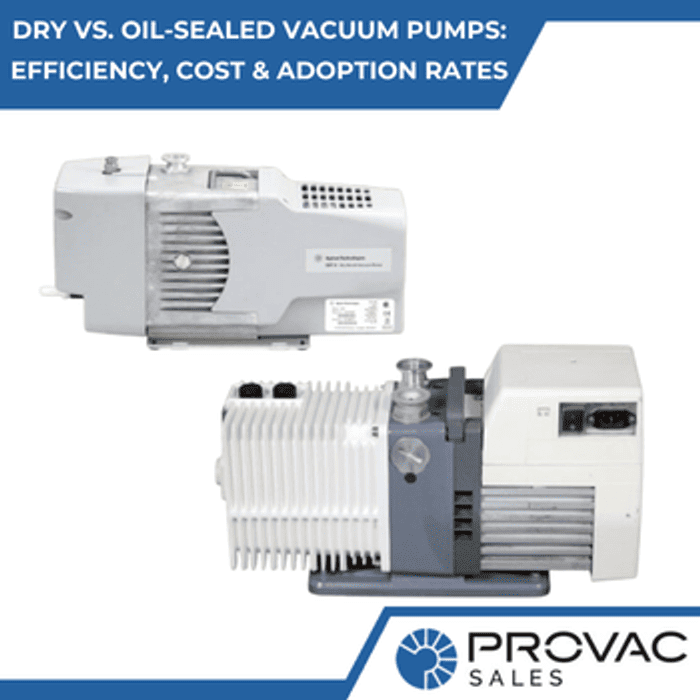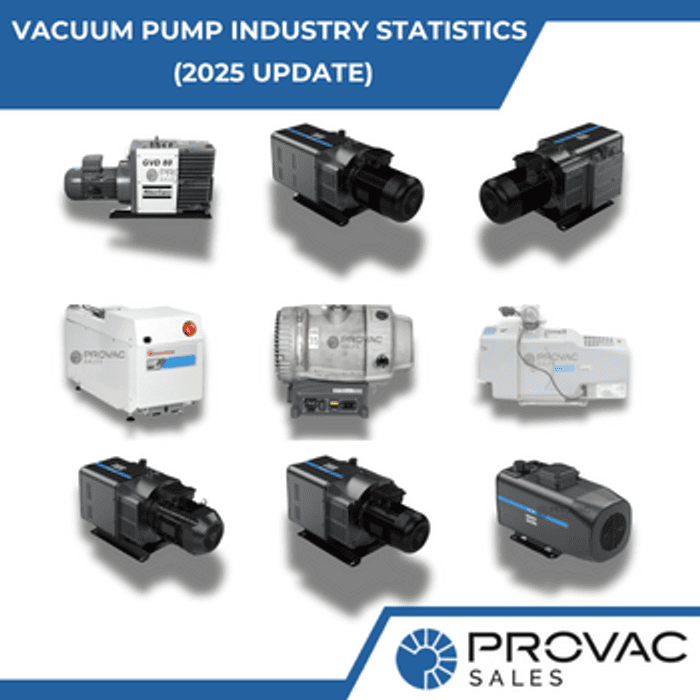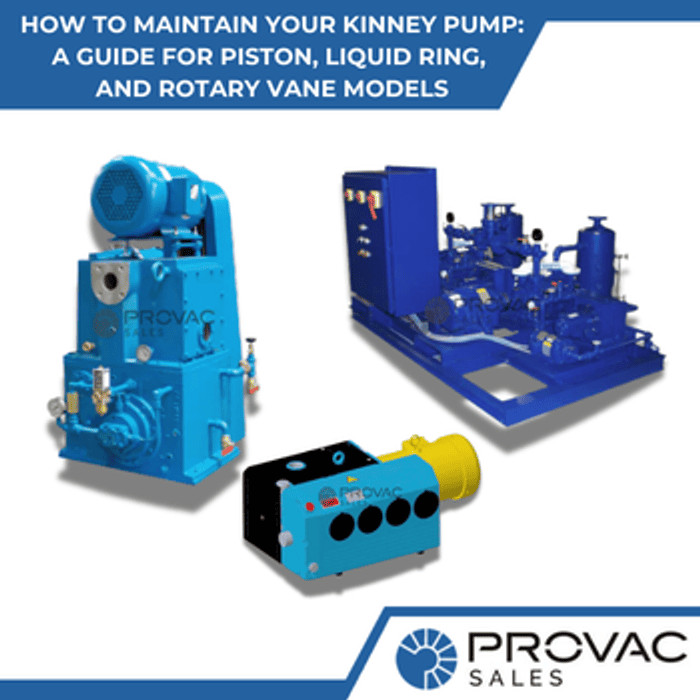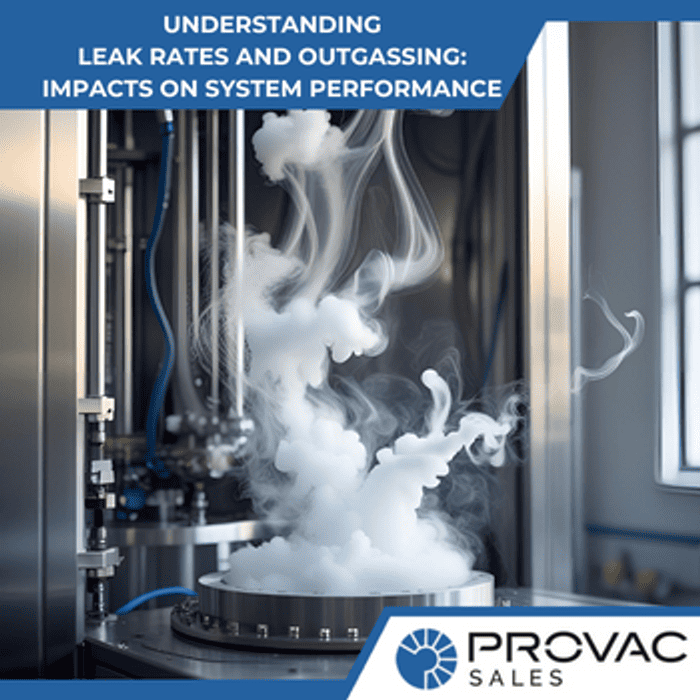In harsh chemical environments, equipment failure isn’t just inconvenient—it’s expensive, dangerous, and disruptive. The right pump solution is critical. Corrosive chemicals, abrasive slurries, and volatile compounds demand pumps that can handle high stress, maintain flow rate consistency, and resist degradation.
Whether your operation handles acids, bases, solvents, or sludge, selecting the right pump type is essential for safety, efficiency, and long-term performance. Below is a breakdown of some of the best pump types used in the chemical industry for these demanding applications.
Piston Pumps: High Pressure and Accuracy
Piston pumps are a type of positive displacement pump that delivers high pressure and precise flow. These pumps are ideal for chemical dosing and metering, particularly when working with thick, viscous, or abrasive fluids.
They operate using one or more reciprocating pistons that push trapped gas through the various stages, moving the gas from the inlet to the exhaust. When paired with chemical-resistant materials, piston pumps are reliable in corrosive environments and offer long pump life with minimal wear and tear. Oil sealed piston pumps have the added advantage of being able to change the fluid when contaminated, helping to sweep out contamination build up from the pump.
Liquid Ring Pumps: Handling Vapors and Condensable Gases
Liquid ring pumps are designed to handle vapor-laden liquids. They form a liquid seal inside the pump chamber, making them suitable for vacuum applications or the transfer of chemicals prone to off-gassing.
These pumps are often used in chemical processing applications where solvents or acids are present. Sealing liquid or fluid can mix with the process, helping to dilute the concentration. Their ability to operate quietly and manage gas-liquid mixtures makes them valuable for processes involving hazardous or temperature-sensitive materials.
Dry Screw Pumps: Clean, Efficient Operation
Dry screw pumps are commonly used in chemical applications that require oil-free operation. These pumps use interlocking screw rotors to compress and move gas without internal contact or contamination.
Because they don’t require sealing fluids or lubricants, dry screw pumps reduce the risk of chemical contamination and are well-suited for harsh conditions involving acids, reactive compounds, or fine particulates. Their sealed construction also minimizes maintenance requirements and improves safety in corrosive environments. Chemical rated dry screw pumps can have extra coating on hard parts such as PTFE to prevent corrosion.
Diaphragm Pumps: Versatile and Chemically Resistant
Diaphragm pumps offer flexibility and durability in chemical transfer applications. They use reciprocating diaphragms to move liquid and gas and are well-suited for transferring slurries, acids, and viscous or abrasive fluids. Diaphragm pumps have minimal moving parts as a part of their design, which cuts down on the wear that the pump may experience.
These pumps are resistant to chemical attack thanks to chemical resistant seals and diaphragms, such as PTFE style, and often selected when the type of chemical being pumped changes frequently. Their simple design allows for quick maintenance and cleaning, which is useful in batch processing.
Slurry and Acid Pumping: Durability First
Pumping abrasive slurries or strong acids requires equipment with enhanced resistance to both mechanical and chemical wear. Slurry pumps are built with reinforced pump casings and hardened internal components to handle solids without rapid deterioration.
For acid handling, magnetic drive pumps and other seal-less options such as lobe pumps are preferred. These designs reduce the risk of leaks and are made with materials specifically selected to resist corrosion from aggressive chemicals.
Positive Displacement Pumps: Reliable Across Applications
Positive displacement pumps maintain consistent flow regardless of system pressure, making them reliable across many chemical applications. This category includes piston pumps and diaphragm pumps (and others). Lobe pumps are used for sanitary or high-purity applications but are also capable of handling corrosive materials.
Each type of pump is designed for specific flow requirements, chemical compatibility, and operational conditions.
Matching the Pump to the Chemical Process
Effective pump selection depends on multiple factors beyond flow rate:
-
Type of chemical: Is the liquid highly acidic, caustic, volatile, or abrasive?
-
Pump materials: Must be compatible with the specific chemical or mixture being transferred.
-
Operating conditions: Pressure, temperature, viscosity, and presence of solids all affect pump performance.
-
Maintenance requirements: Some pumps are easier to clean, repair, or replace than others.
-
Pump life and durability: Especially important in continuous operations or remote locations.
Pumps used in the chemical industry are engineered to handle these variables. Choosing the wrong type of pump or incompatible materials can lead to premature failure, safety risks, and costly downtime.
The Role of Magnetic Drive Pumps
Magnetic drive pumps are seal-less and designed to eliminate the risk of leaks, making them a preferred option for transferring hazardous or corrosive chemicals. These pumps use magnetic coupling instead of mechanical seals, reducing points of failure.
They're commonly used for chemical dosing, high-purity fluid transfer, and handling corrosive chemicals in closed systems. Their long lifespan and low maintenance make them a reliable pump choice in harsh environments.
How to Choose a Pump Supplier
Selecting the right chemical pump is only part of the equation—choosing a supplier who understands the demands of your environment is just as critical. At Provac Sales, Inc., we specialize in pumps for harsh chemical and industrial applications. Our team works closely with you to understand your specific chemical handling needs, recommend the best pump type and materials, and provide tailored solutions that support long-term reliability and safety. When the stakes are high, you need more than a catalog—you need a partner with real expertise.
Final Considerations
Pumps are essential in chemical processing. Whether you're dealing with corrosive chemicals, abrasive slurries, or hazardous compounds, selecting the right pump ensures system efficiency, safety, and longevity.
Piston pumps, liquid ring pumps, and dry screw pumps each provide unique advantages for different chemical applications. Understanding your process requirements and chemical properties will guide proper pump selection.
Many chemical environments push equipment to the limit. Pumps are built for that challenge—if you select the right type, materials, and supplier. When pumps are designed to handle corrosive environments and match the task, they extend service life, reduce downtime, and improve safety across your operation.





